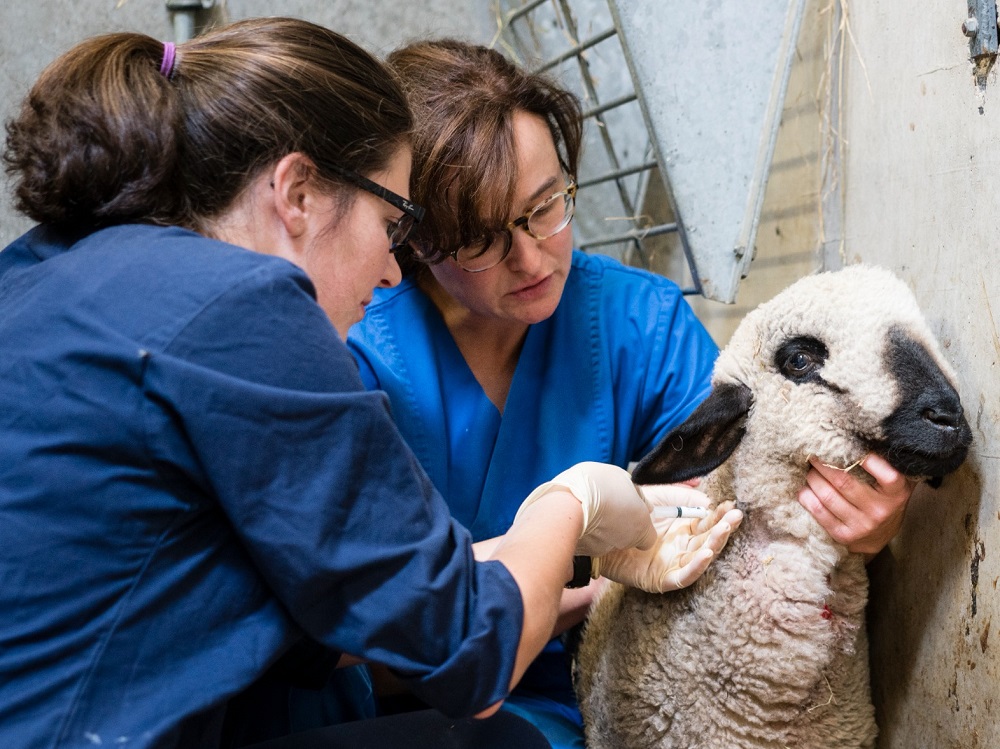Animal Welfare Benefits of Vaccination

Vaccination not only supports better animal welfare but also helps reduce the need for antibiotic use. Vaccination is the administration of a vaccine that contains a microorganism or virus in a weakened, live or killed state or proteins or toxins from the organism. Vaccination helps the immune system develop immunity from disease, stimulating the body’s adaptive immunity without infecting it with the disease. Vaccines help to prevent disease and work best when whole groups or populations of animals are vaccinated. When a sufficiently large percentage of a population has been vaccinated, herd immunity can even help to protect the unvaccinated.
Vaccination is a highly effective method of preventing sickness from infectious diseases. In animals, the effectiveness of vaccination has been widely studied and verified. If a vaccinated animal comes into contact with a disease, its immune system will recognise it and immediately produce the antibodies it needs to fight it. Vaccination promotes animal welfare by protecting animal health. In the right circumstances, it can be used during disease outbreaks as a viable alternative to stamping out, thus avoiding the welfare problems that on-farm mass slaughter can cause. Also in aquaculture, advances in vaccination technology, diagnostics, and nutrition are helping to support fish health and welfare, reducing the need for antibiotic treatments.
Protecting animal health through vaccination improves animal welfare, and maintaining good welfare ensures that animals can respond successfully to vaccination. Vaccinations are a wise investment with tremendous advantages for animal welfare, as disease outbreaks are often unpredictable and have major financial implications for a farm business. Modern, licensed vaccines are subjected to rigorous safety and quality control standards and are very safe.
The European Commission’s Animal Health Strategy (2007-2013) launched the motto: “Prevention is better than cure“, and this approach has been widely taken up by veterinarians, farmers and the animal health industry over the past years. Veterinarians are great supporters of vaccination, and back in 2016, they created World Animal Vaccination Day, an annual awareness day set on 20 April, to remind all animal owners of the importance of vaccination in preventative animal health and welfare.
Veterinarians believe that increased vaccination uptake in livestock poultry and fish can make a real difference in the level of disease across animal populations. And the animal health industry is supporting this prevention approach by researching and developing new vaccine technologies for both existing and newly emerging diseases, as well as developing new ways to administer vaccines to make disease prevention even more straightforward and reduce animal stress during administration.